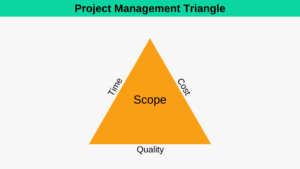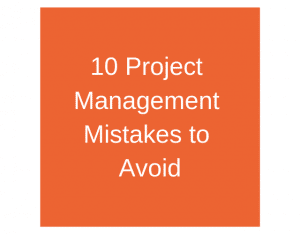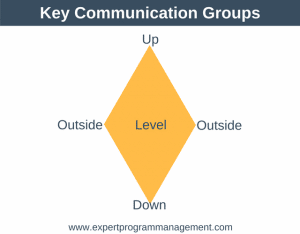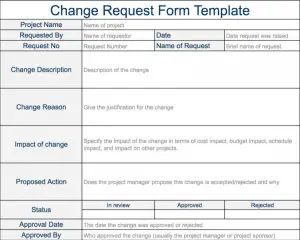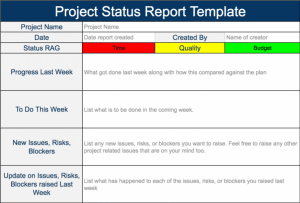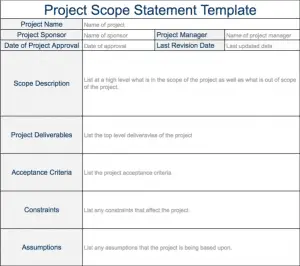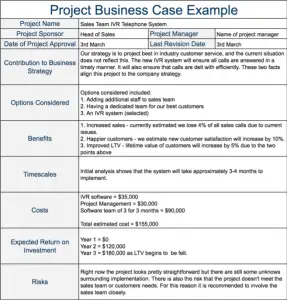Rarely, if ever, do projects run so smoothly that everything just falls into place. Even with access to an exceptional project team, the difference between a good project manager and a bad one can mean the difference between the success or failure of a project.
From a broad perspective, the key skills a project manager needs to be successful are summarized in this diagram:
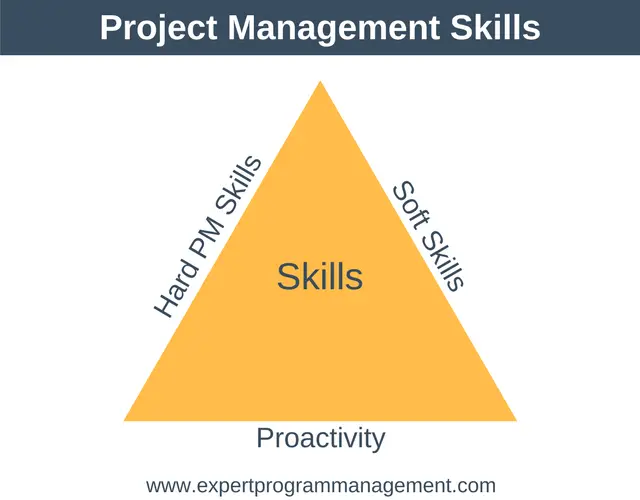
All project management literature describes the hard skills you need to be successful. But there are two other things you need that are shown in the diagram above. First you need soft skills, and second, you need to back these soft skills up with proactivity.
Let’s start by looking at proactivity. To be proactive, start by doing the following every day:
- Identify the top three things you want to work on today each morning. We’re being proactive here, so I don’t mean things like collecting or sending reports, I mean working on the today’s biggest 3 priorities for the project to achieve its objectives.
- Talk to your key people. You should already be managing stakeholders, but it’s important to spend time every day talking to your key people. This is where you find out what your project sponsor is really worrying about, it’s also where you find out the real, unreported opinion of a member of your project team.
- Plan scenarios. This means thinking from a couple of different standpoints. First, it means thinking about whether there is a better way things within the project can be done, particularly in relation to your more critical issues and the critical path. Second, it means thinking about what the course of action would be (or what course of action would you recommend to your project sponsor) if an issue can’t be resolved or if a risk materializes.
This proactivity then needs to be complemented with the soft skills of project management. A non-exhaustive list of project management soft skills that you need to be an effective project manager is:
- Influencing skills
- Leadership skills
- Relationship management skills
- Coaching skills
- Team Building skills
- Delegation skills
- Emotional intelligence
- Assertiveness
- Critical thinking skills
- Problem-solving skills
- Strategic thinking
- Mentoring skills
- Political skills
The journey towards soft skill mastery isn’t an overnight one, but rather one where you improve your skills over the entire duration of your career. A good place to start if you’re new to project management soft skills is to learn about the different aspects of emotional intelligence.
Project Management Soft Skills Summary
In this article, we’ve seen how the project management hard skills need to be complemented by project management soft skills, such as influencing and team coaching skills. However, in order to be a truly effective project manager both types of skills need to be backed up with proactivity. This balance is shown in the project management skills triangle above where each side of the triangle represents a key skill, and each skill is given the same weighting or importance by having an equal side of the triangle.
